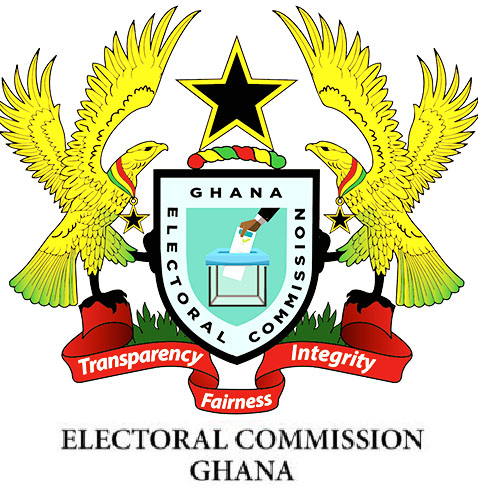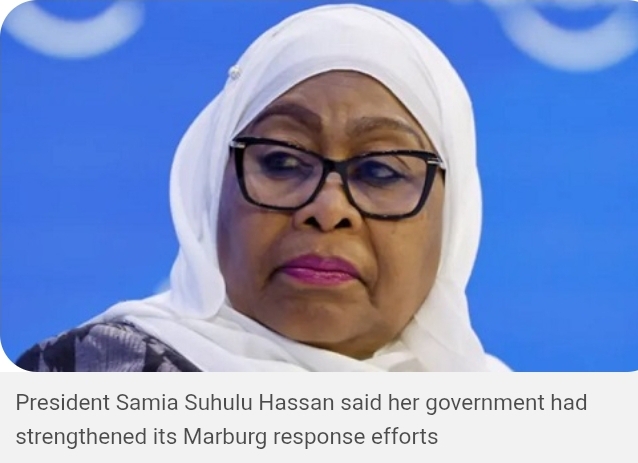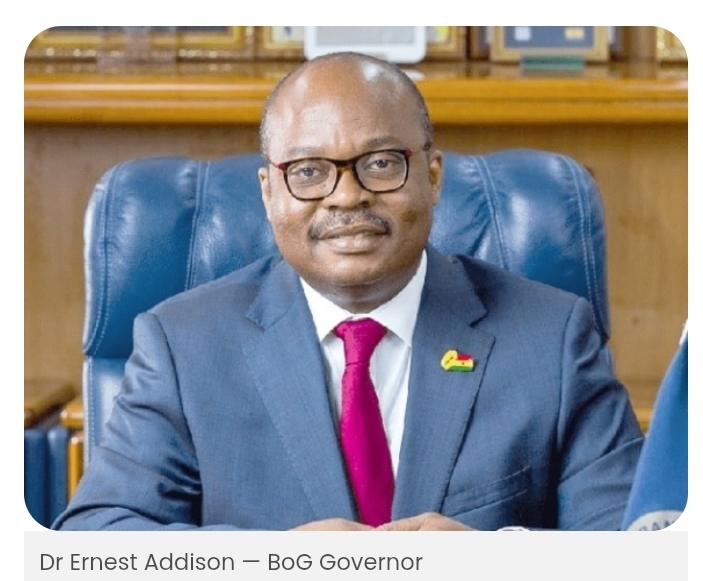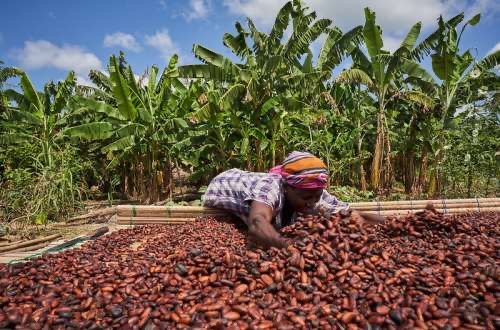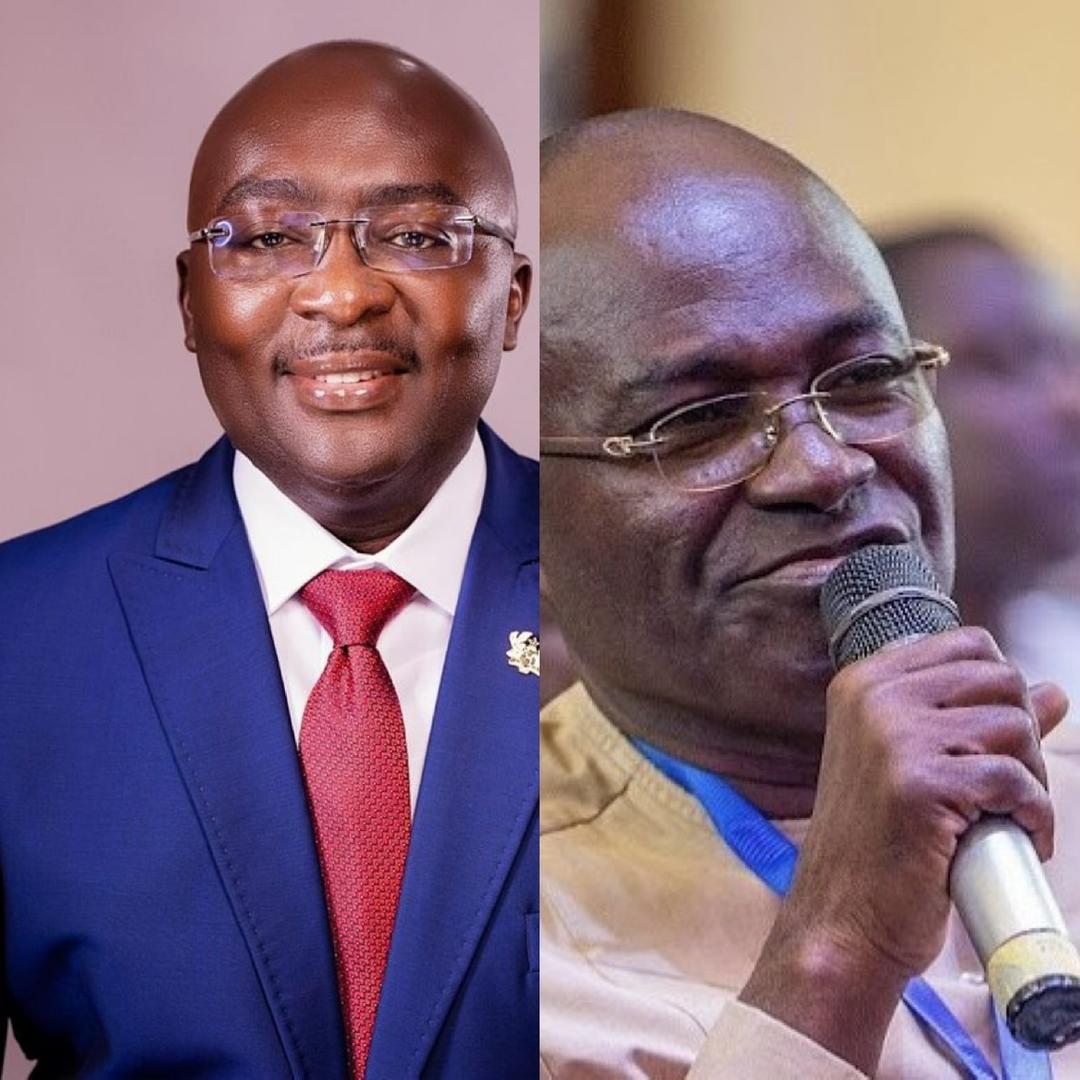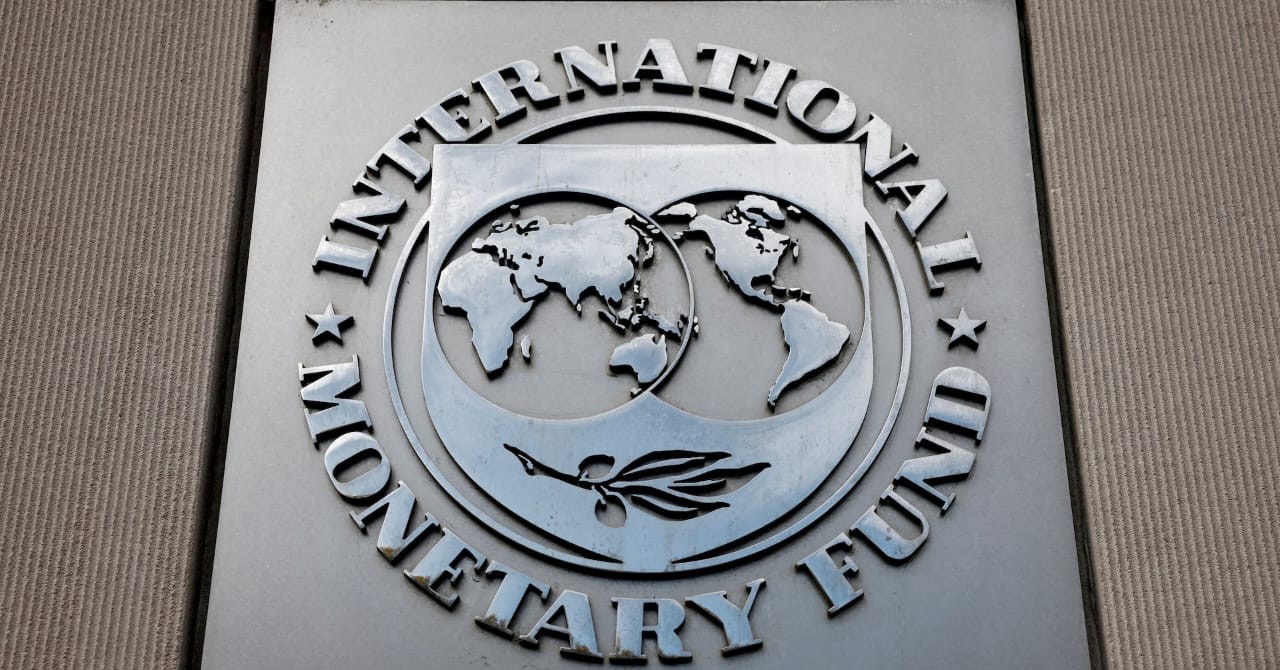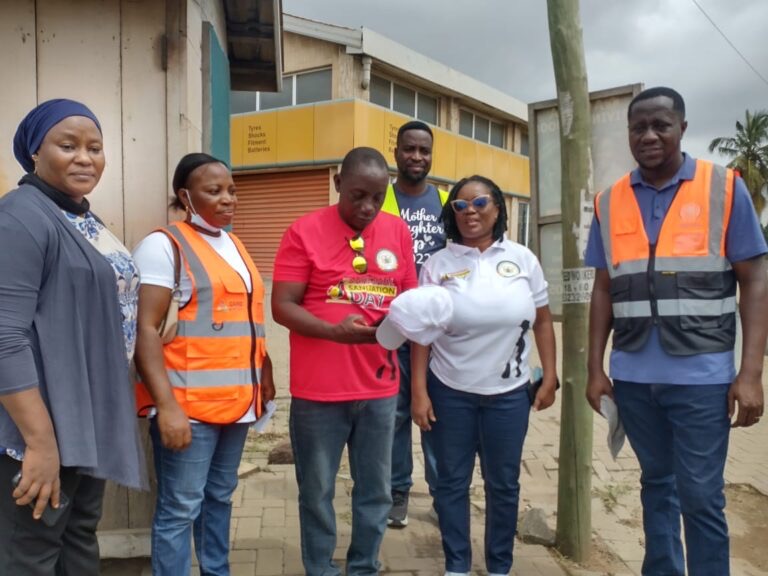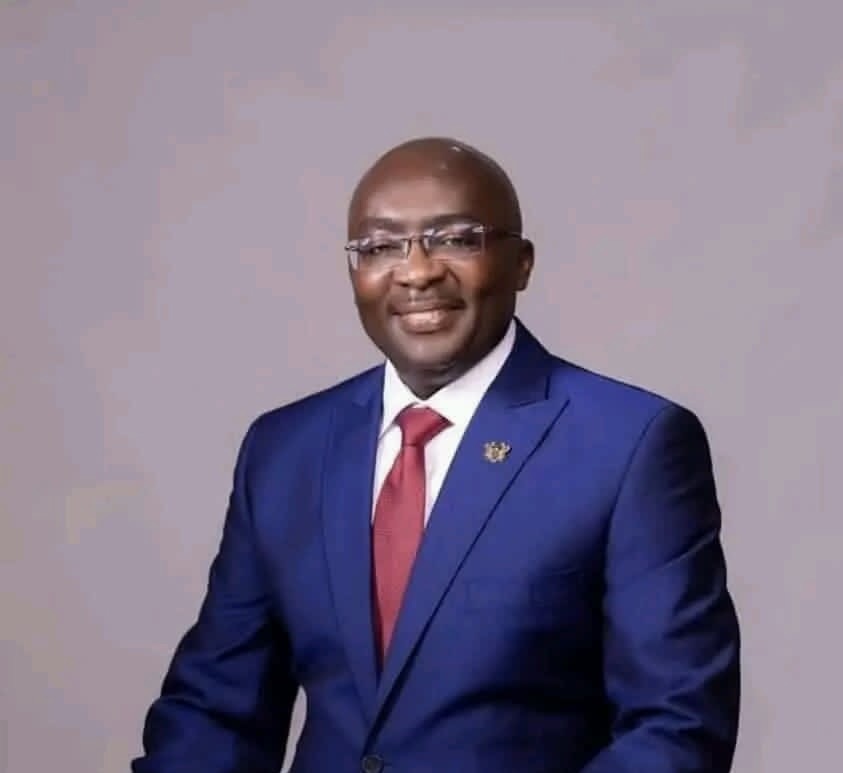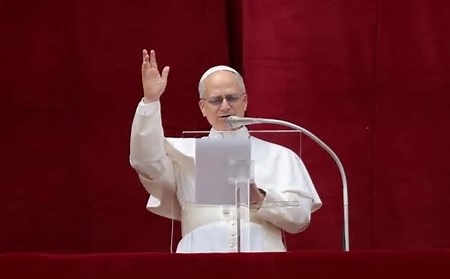
In his inaugural Sunday address on May 11 at the Vatican, Pope Leo XIV made a heartfelt appeal for “no more war,” addressing global leaders amidst ongoing conflicts. The newly elected pontiff called for a “lasting peace” in Ukraine, a ceasefire in Gaza, and expressed optimism regarding the recent agreement to halt hostilities between India and Pakistan.
“I am deeply hurt by the events unfolding in Gaza,” he stated, while also expressing hope for a “lasting accord” between India and Pakistan, and wishing for an “authentic, true and lasting peace” in Ukraine. The Pope concluded his address by leading the crowd in St Peter’s Square in the Regina Caeli prayer, honouring the Virgin Mary.
Pope Leo was elected as the new head of the Catholic Church on Thursday, following a two-day conclave in Vatican City that followed the passing of his predecessor, Pope Francis. On Saturday, he visited a shrine outside Rome and prayed at Francis’ tomb within the basilica of Santa Maria Maggiore. His formal inauguration is scheduled for a mass in St Peter’s Square on 18 May.
From the central balcony of St Peter’s Basilica, he remarked: “The immense tragedy of the Second World War ended 80 years ago… now we’re facing the tragedy of a third world war in pieces. I would also like to address the powerful people of the world, repeating the ever-relevant call: ‘no more war’.”
The pontiff continued, “I carry in my heart the suffering of the beloved Ukrainian people. May whatever is possible be done to reach an authentic, true and lasting peace as quickly as possible. May all the prisoners be freed. May children return to their families.”
He added, “I am deeply hurt by what is happening in the Gaza Strip. May a ceasefire immediately come into effect. May humanitarian aid be allowed into the civilian population, and may all hostages be freed.”
On a more positive note, he expressed his satisfaction regarding the ceasefire between India and Pakistan, hoping that forthcoming negotiations would lead to a lasting agreement.
His comments come as Ukrainian President Volodymyr Zelensky and Russian President Vladimir Putin present competing proposals for a peace process aimed at ending the three-year invasion of Ukraine. In the Middle East, Israel has halted all humanitarian aid to Gaza and resumed military operations following the breakdown of a two-month ceasefire and hostage exchange agreement. Meanwhile, India and Pakistan reached a tentative ceasefire on Saturday after a series of cross-border military strikes that followed an attack on tourists in Indian-administered Kashmir on 22 April.
It has been a busy week for the new pontiff, who celebrated his first Mass as Pope in the Sistine Chapel on Friday before addressing cardinals on Saturday. During this meeting, he humbly described himself as an unworthy choice for Pope and pledged to uphold the “precious legacy” of his predecessor. He emphasised the significance of missionary work, dialogue, and caring for those he referred to as the “least and the rejected.”
Pope Leo explained that he chose his name in honour of a 19th-century Pope renowned for his teachings on social justice. He also noted that advancements in artificial intelligence and other technologies underscore the Church’s vital role in defending human dignity and justice today.
“Peace be with you all,” Pope Leo XIV concluded in his first address. He is set to hold a media audience on Monday ahead of his inauguration next Sunday, during which he will deliver a homily in the presence of numerous heads of state and dignitaries.
At 69 years old, he is the 267th occupant of the papal throne and the first American to assume the role. Born Robert Francis Prevost in Chicago, he spent many years as a missionary in Peru before being appointed as an archbishop there, and he also holds Peruvian nationality. Although Leo was born in the United States, the Vatican has noted that he is the second pope from the Americas, following Pope Francis from Argentina.
Pope Leo is widely regarded as a moderate who can provide “continuity” and “unity” following the death of his predecessor last month. He is believed to share Francis’ views on issues concerning migrants, the impoverished, and environmental concerns. In his first address, he expressed his desire “to walk together with you as a united Church searching all together for peace and justice.”

